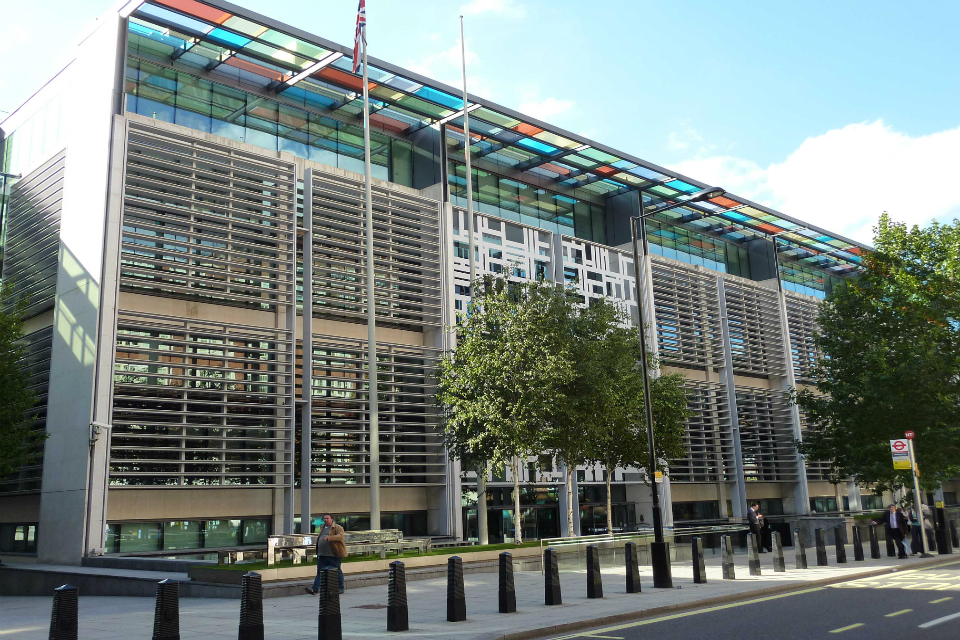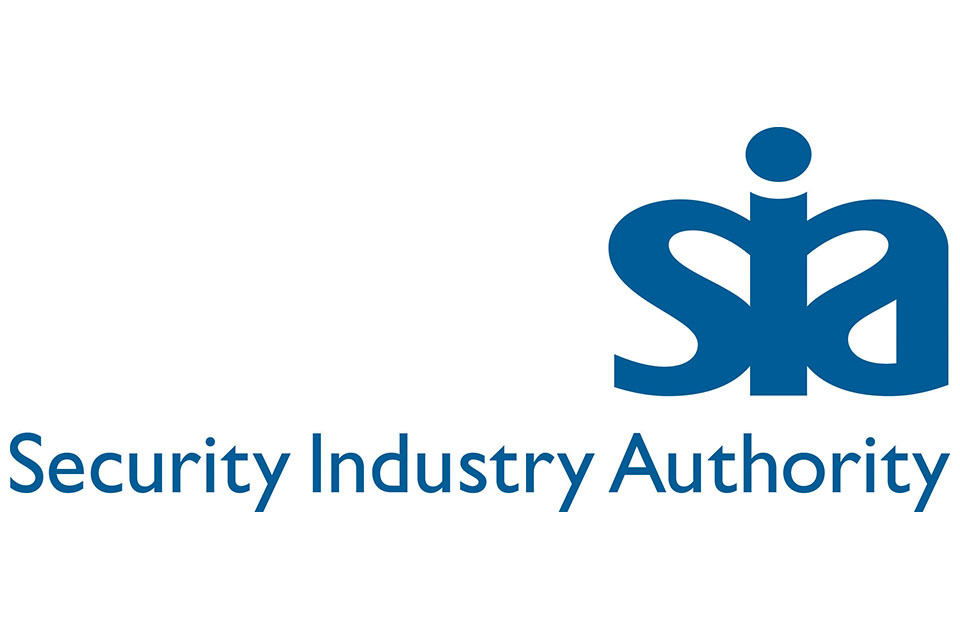-
Changes to the administration of council tax will make life easier for working people
-
12 monthly payments by default, fairer treatment for those struggling and clearer support for vulnerable households being considered
-
Part of wider reforms to drive efficiency in local councils, deliver better public services and value for money, as part of the Plan for Change.
Working families across the country are set to benefit from these changes to the administration of council tax as government unveils plans to modernise the billing process to make it fairer, simpler and more supportive.
More manageable 12 monthly billing by default, action to crack down on punitive punishment for missed payments and fairer treatment for the most vulnerable households are all being considered by the government in the biggest changes to the operation of the council tax system since 1993.
The revamp could see better protection for those falling behind on bills by stopping debts spiralling while potentially capping the fees added to debt when going to court and changing when a household may become liable for a full-year’s bill.
The government is already reviewing debt enforcement practices more widely including the conduct of bailiffs, that can be deployed when council tax bills go unpaid, to deliver a fairer system for those in need.
Minister for Local Government and English Devolution, Jim McMahon OBE said
As part of our Plan for Change, we’re putting working people first.
We are listening and taking action to make council tax fairer, more transparent and easier to manage. Under our plans, local government will be there to support, and not to punish, people who fall behind.
Today’s move follows a long running campaign by MoneySavingExpert.com founder Martin Lewis and his charity the Money and Mental Health Policy Institute (MMHPI) which have called for action on the “outdated” escalation that can happen when someone falls behind with their Council Tax payments.
Martin Lewis, founder of MoneySavingExpert.com and The Money & Mental Health Policy Institute Charity, said
Many parts of the Council Tax system are broken, and having called for some of these fixes for nearly 20 years, I’m delighted the government has listened and rapidly launched this long-due consultation, including many of the administration areas I hear the most complaints on. “Council Tax rapid and aggressive debt collection methods currently hurt millions and disproportionately affect those with mental health problems. Within three weeks of missing a monthly payment many councils say you must pay for the whole year… ridiculous, how can people who can’t afford to pay for a month, suddenly pay for a year? After a further three weeks councils can call bailiffs in and rack up charges on charges. No commercial lender is allowed to behave like this, meaning constituents are treated worse than consumers. Worse, it’s counter-productive, can add to council’s costs and still doesn’t mean people can pay it back. The government has listened to our evidence, and this consultation thankfully looks at slowing it down, adding-in consideration, capping added costs, and pointing people towards help to pay.
Plus, as council tax bands haven’t been revalued since the stop-gap drive-by valuations first done back in 1991 – while looking at that isn’t in the scope of this consultation – it’s only right that if people think they’re wrongly in too high a band, as 100,000s likely are, the government is consulting on making it easier to challenge, so people can pay the right price. The consultation is also proposing help for some of the most vulnerable – we’ve long campaigned on the horribly-named Severe Mental Impairment discount, which is underclaimed, overcomplex and underpublicised, and this gives an opportunity to move towards a simpler, more universal, less off-putting application process.
To help vulnerable families manage bills, the government intends to move billing to 12 monthly payments by default, rather than the current 10 monthly, this will spread the annual cost across a longer period meaning lower monthly payments for the average Band D household’s bill by £38 per month. This consultation is part of wider action being taken to support the financial resilience of families in our Child Poverty Strategy.
The government plans to modernise support available, including updating the definition of the Severe Mentally Impaired exemption and reviewing whether current disregards for care workers and apprentices could be improved. Providing more information on what council tax bills are paying for and how to increase awareness of the support available is also being explored to boost transparency.
Council tax is essential for funding over 800 vital public services delivered by local authorities daily – but it has failed to keep pace with the changing needs of taxpayers. A renewed, more supportive, council tax billing system will enable households to better manage their bills, keep up with payments and help councils deliver improved front-line services.
Further information
-
Minister McMahon Written Ministerial Statement can be read here.
-
The consultation can be viewed on Gov.uk here and will be open for 12 weeks.
-
The Ministry of Justice is also consulting on the regulation of the debt enforcement sector (private bailiffs). Local authorities sometimes use bailiffs when council tax bills go unpaid. The consultation is open until the 21 July and can be found here.







